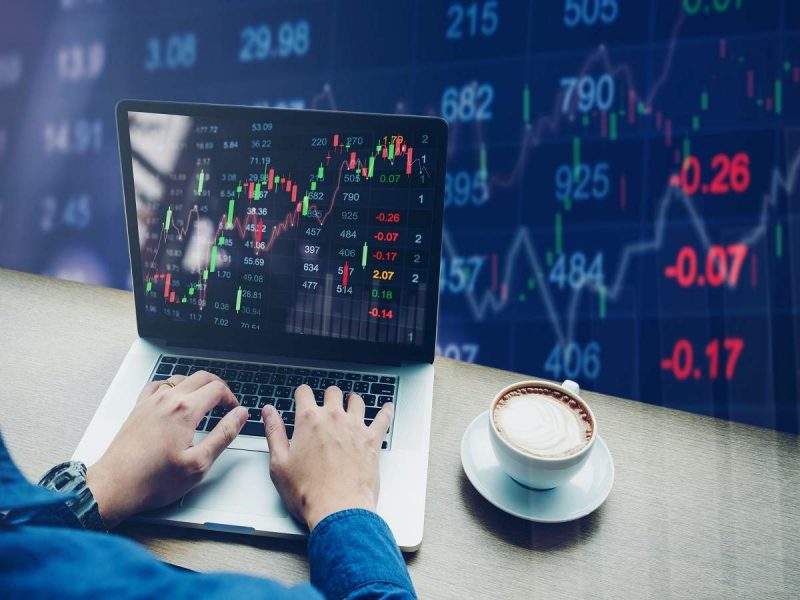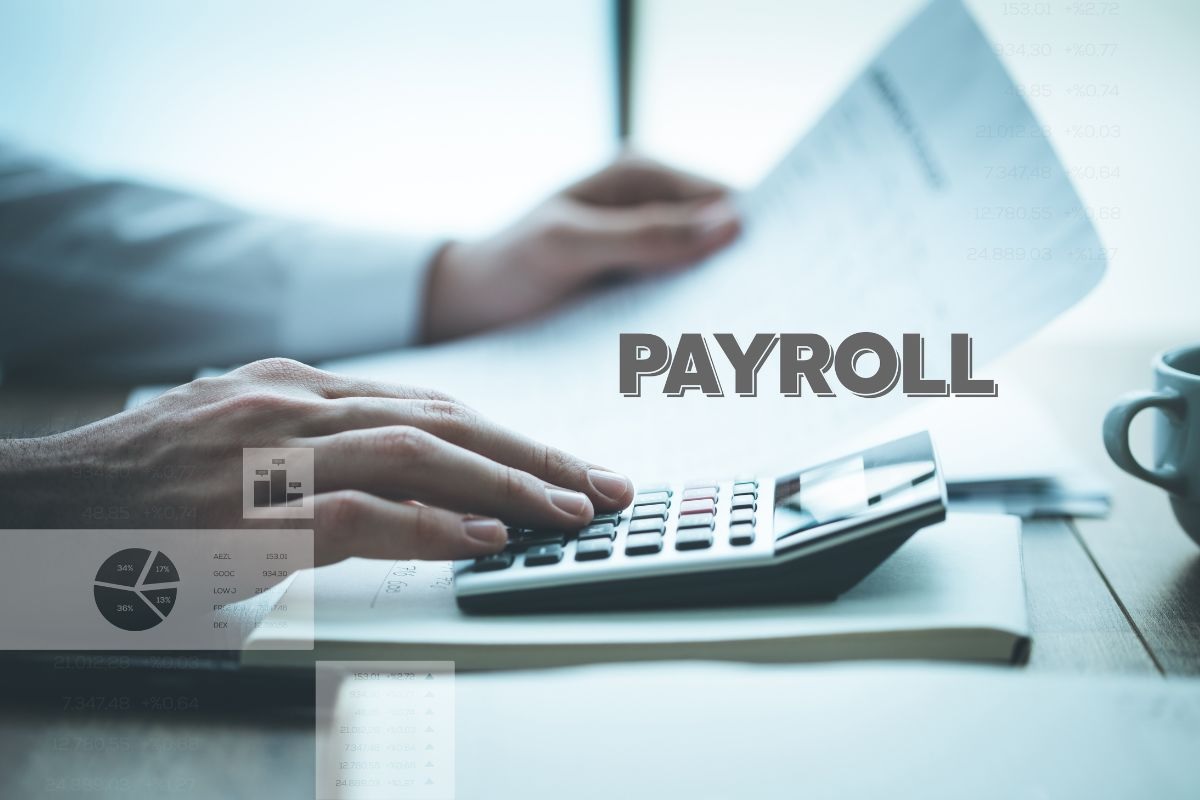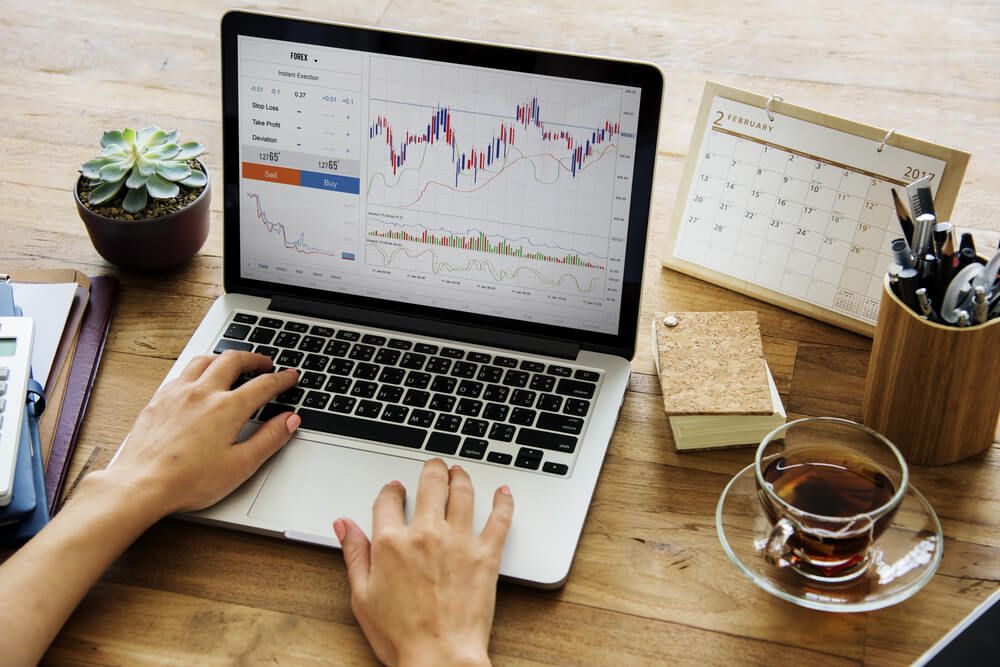Beginner’s Guide to Futures Trading Accounts: Getting Started with Futures Markets

If you are interested in exploring the world of futures trading, this Beginner’s Guide to Futures Trading will certainly help you . This comprehensive guide will walk you through the fundamentals of futures trading, from understanding what futures contracts are to setting up your futures trading account opening and executing trades. So, let’s dive in and get you started on your exciting journey into the futures markets.
Definition of Futures Trading
Futures trading is a financial instrument that allows traders to speculate on the future price movements of various assets, including commodities, stocks, currencies, and more. It involves entering into a contract to buy or sell an asset at a predetermined price on a specified date in the future. Unlike traditional investments where you own the asset, futures trading is purely a speculative endeavor that thrives on predicting market trends and price fluctuations.
What are Futures Contracts?
Futures contracts are the backbone of futures trading. These standardized agreements establish the terms for buying or selling the underlying asset at a future date. Each contract represents a specific quantity of the asset, and the price is fixed at the time of the contract’s creation. Futures contracts offer flexibility and can be used for hedging against price risks or profiting from market movements.
Different Types of Futures Markets
Futures markets are incredibly diverse, catering to a wide range of assets and interests. Some of the most popular types of futures markets include:
- Commodities: These futures markets deal with tangible goods like gold, crude oil, corn, coffee etc.
- Financial Futures: Focused on financial instruments like treasury bonds, stock indices, and interest rates.
- Stock Index Futures: Traders can speculate on the future value of stock market indices
- Currency Futures: Involves trading in currency pairs.
- Interest Rate Futures: Based on predicting changes in interest rates, influencing various financial instruments.
Setting Up a Futures Trading Account
Before you can start trading futures, you need to set up a futures trading account with a reputable brokerage:-
Identification and Verification
To comply with regulatory requirements, brokers will ask for identification and personal information during the account opening process. This is to ensure the security and legality of your trading activities.
Types of Futures Accounts
Brokers typically offer various types of futures accounts to cater to different needs:
- Individual Accounts: Standard accounts for individual traders.
- Joint Accounts: Suitable for multiple individuals trading together.
- Corporate Accounts: For businesses or corporate entities engaged in futures trading.
Getting Started with Futures Trading
Now that you have your futures trading account set up, it’s time to start your journey as a futures trader:-
- Research and Education: Before diving in, educate yourself about the basics of futures trading, risk management strategies, and market analysis. Knowledge is your best asset in the world of trading.
- Creating a Trading Plan: Set clear goals, determine your risk tolerance, and establish a well-defined trading strategy. A trading plan will keep you disciplined and help you navigate the often volatile futures markets.
- Practicing with Simulated Trading Platforms: Many brokers offer simulated trading platforms where you can practice trading without risking real money. This is an excellent way to gain confidence and test your strategies.
Executing Trades and Managing Positions
When it’s time to execute trades, keep these key points in mind:
- Placing a Futures Trade: Learn to use different types of orders, such as market orders, limit orders, and stop orders, to execute your trades efficiently.
- Monitoring Your Positions: Stay updated on market developments and analyze the performance of your positions. Adjust stop-loss and take-profit levels as needed to manage risk.
- Managing Risk and Emotions: Emotions can cloud judgment. Follow your trading strategy and never take on more risk than you can bear to lose.
Advanced Strategies and Techniques
As you gain experience, consider exploring advanced strategies like:
- Spread Trading: Involves trading multiple futures contracts simultaneously to take advantage of price differentials.
- Options on Futures: Options give you the right, but not the obligation, to buy or sell a futures contract.
- Swing Trading vs. Day Trading: Understand the difference between holding positions for days or weeks versus intraday trading.
Starting your journey into futures trading requires dedication, education, and a solid trading plan. Remember, practice makes perfect, so take advantage of simulated trading platforms to sharpen your skills.
When you’re ready to trade with real money, choose a reputable brokerage that offers a user-friendly and feature-rich trading app. The best trading app should provide real-time data, advanced charting tools, and seamless order execution to enhance your trading experience.
Keep learning, stay disciplined, and always manage your risk effectively. Futures trading offers significant opportunities for those who approach it with caution and expertise. Happy trading!
In conclusion, by following this comprehensive guide, you now have the essential knowledge to venture into the exciting world of futures trading. Remember to focus on proper account opening, identification, and verification. Choose the right type of futures account that suits your needs. As you progress, consider employing advanced strategies while using the best trading app to achieve your financial goals.










